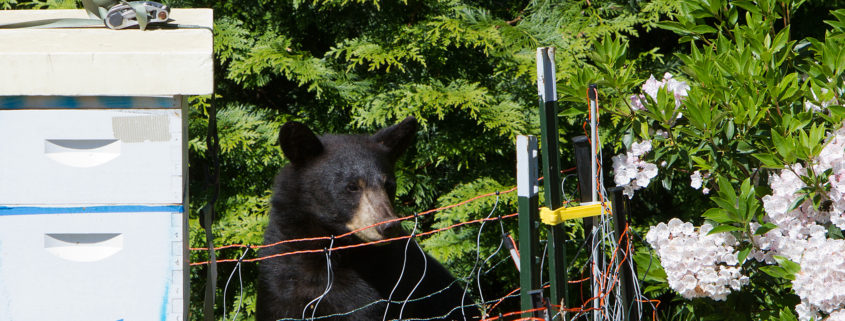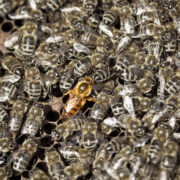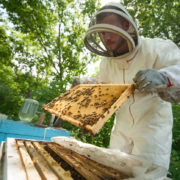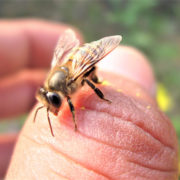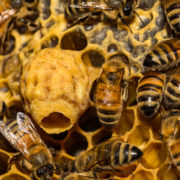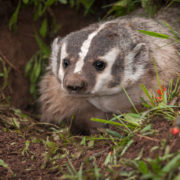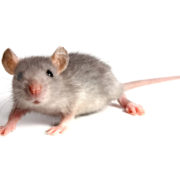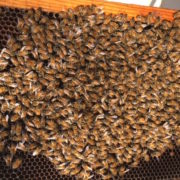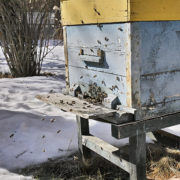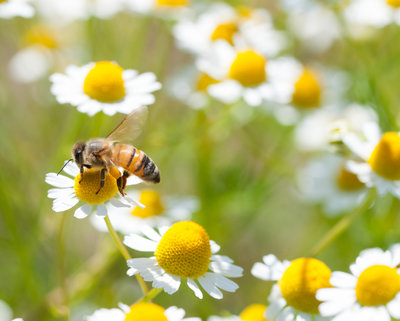Honeybees And Bears
Of all the natural predators of honeybees, such as birds, skunks, raccoons, and badgers, probably none are as fearsome and notorious to bees and beekeepers alike, as bears. Bears love to eat bee larva, bee brood, and to a lesser extent, honey. With this appetite for bee products, they seem to be more interested in beehives than even the most dedicated beekeeper! It is no coincidence that many honey containers are shaped like bears. Keep in mind that even Winnie the Pooh loves “hunny.”
The problem, for both the bees and their beekeepers, is that when bears visit an apiary, the damage they cause is almost always devastating. Bears do not carefully harvest honey like we beekeepers do. No, they pick up entire colonies and strew them about the ground; destroying the equipment and creating havoc in the apiary. If you have ever visited an apiary after a bear visit, your first impression will be is that it looks like a war zone, with no survivors. Damaged and destroyed equipment will be strewn everywhere.
You would think that a colony’s guard bees would be able to scare a bear away with their stings, but the bears’ fur coats are so thick that the bees’ stingers can not really penetrate well enough to get to a bear’s skin. The only vulnerable spot on a bear is its face. This is perhaps why bees have evolved over the years to focus on stinging the head and face of an intruder. Most beekeepers know that angry bees typically aim for the head. This is likely an evolutionary and instinctive response against bear attacks. It is also why the beekeeping veil is the most important piece of personal protection for a beekeeper.
The best and probably only practical defense against bears is to encircle vulnerable apiaries with electric fencing. As a beekeeper, this is an expensive solution, however, much less expensive than losing an entire apiary of bees and equipment with every bear attack. Fortunately, most beekeeping supply companies sell these fences, many of which are solar powered.
If only bears could realize how dependent they are on honeybees, just like the rest of us, they might show a little more compassion to the colonies that they attack. It is estimated that about 15 percent of a bear’s diet consists of berries, all of which require pollination, much of which is done by honeybees. Many researchers suspect that bears are already being adversely affected by the decline in wild bee populations. Fewer pollinators mean fewer berries, which in turn affects the bears’ nutrition and foraging behavior.

